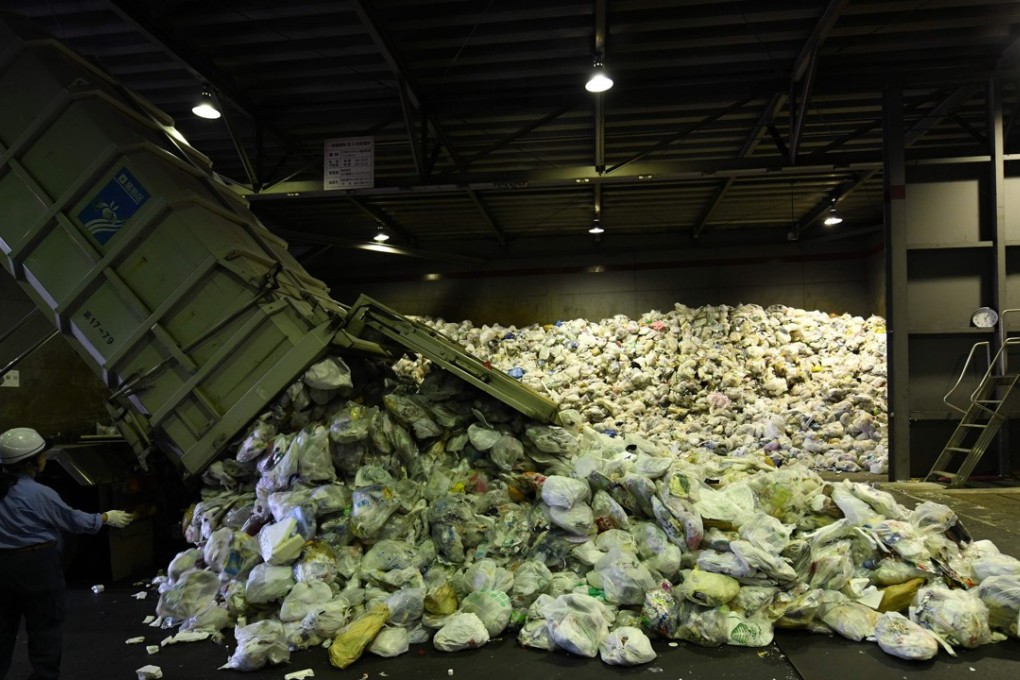How China’s plastic waste ban has left Japan to deal with mountains of trash
Environment ministry plans to increase recycling efforts with state-of-the-art facilities, and to raise awareness of wasteful behaviour

Mountains of plastic waste are piling up in Japan, forcing a rethink on the country’s recycling efforts as China continues to limit imports of the unwanted material to resolve its own pollution crisis.
Japan’s environment ministry is drawing up plans to increase recycling of disposable plastics, with one proposal being the provision of subsidies to waste management companies to help fund the construction of state-of-the-art recycling facilities.
“The reason for the build-up of waste plastic is a result of China’s ban on imports, so we are reinforcing the capacity of recycling facilities in Japan and we will now cover half the cost of introducing equipment to recycle plastics,” said Hiroaki Kaneko, deputy director of the ministry’s Recycling Promotion Division.
He said the budget for the initiative for this financial year is 1.5 billion yen (US$13.5 million).
“We are also carrying out efforts to raise public awareness, while local governments are conducting campaigns with private enterprises to encourage people to reduce the number of plastic bags they use, for example.”
Watch: Plastic waste chokes Asia’s oceans